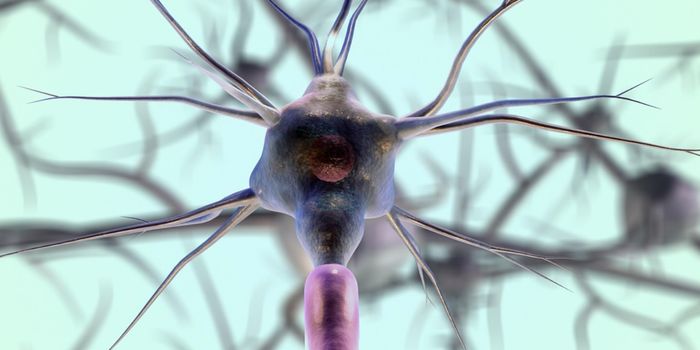If you've ever tried introducing a novel thought or behavior into any type of human system--be it an academic institution, corporation, or family--you've likely experienced either rank rejection, the hint of a shaming glance or, at the very least, an abstruse sense of discomfort.
We are creatures of habit, which in many ways is a wonderful, time- and energy-saving way of going about things. But it also requires balance. In terms of social structures, we depend on conformity for things like driving on the same side of the road, climbing stairs, or any behavior involving public safety. We also treasure our individuality and usually claim to abhor conformity.

In fact, we are so resistant to the idea that we are conformists that we usually justify any conformity we demonstrate as bowing to social pressure. Behavioral conformity has been studied ad nauseum with the results pointing to peer pressure.
That's what's so interesting about a new study from Nederlandse Vereniging voor Psychonomie. It unexpectedly suggests that social factors may not be necessary to produce or explain conformity. According to the study, people may simply be confusing their own memories with memories of observing others.
The best way to explain this phenomenon is to recount an incident that happened to me at a doctor's office. I was in my 20s and hadn't seen too many doctors in my lifetime. Yet, when the intake practitioner asked me whether I'd ever been hospitalized, I froze. I couldn't definitively state whether I had or hadn't been hospitalized. The practitioner looked at me suspiciously as I earnestly wondered; I don't think she believed me when I finally concluded I had not been hospitalized. As I was telling this story to friends later, I realized that I had seen so many television shows featuring hospital scenes, I somehow had "borrowed" those images and in some way treated them as my own.
In the experiment, female participants were asked to rate the attractiveness of 220 female faces on a scale from 1 to 8 by pressing the corresponding number key on a keyboard. Participants were then shown a video that featured another person's hand selecting a randomly chosen number key.
The experiment continued with a second session in which participants were asked to rate same 220 faces. They were told that the numbers in the videos were randomly selected and meaningless, and were shown to them as a distraction. Still, participants adjusted their judgments of the faces into the direction of those shown in the video. This conformity effect was particularly stronger when the video showed the actual manual decision-making act; the effect was weaker if just a number was shown on the screen,. This difference suggests that similarity between observed action and one's own action matters.
This fascinating behavioral study suggests that people don't necessarily adjust their behavior because they feel pressured to do so. Instead, people seem to represent their actions and other people's actions alike. Once they have judged a particular stimulus, they may store the stimulus together with their own judgment, but also together with other people's judgments. If they then face the same stimulus again on another occasion, they simply retrieve all the stimulus-related judgments they have stored and react according to a kind of mental average of all stored judgments. Psychologists Diana Kim, whose study with co-author Bernhard Hommel was published in Psychological Science, was quoted in Science Daily as saying: "Our study suggests that conformity should not be studied as a dedicatedly social phenomenon: the mechanism underlying it seem to be the same that operate on non-social information."
Follow Will Hector on Twitter: @WriterWithHeart
(Source: Science Daily)









